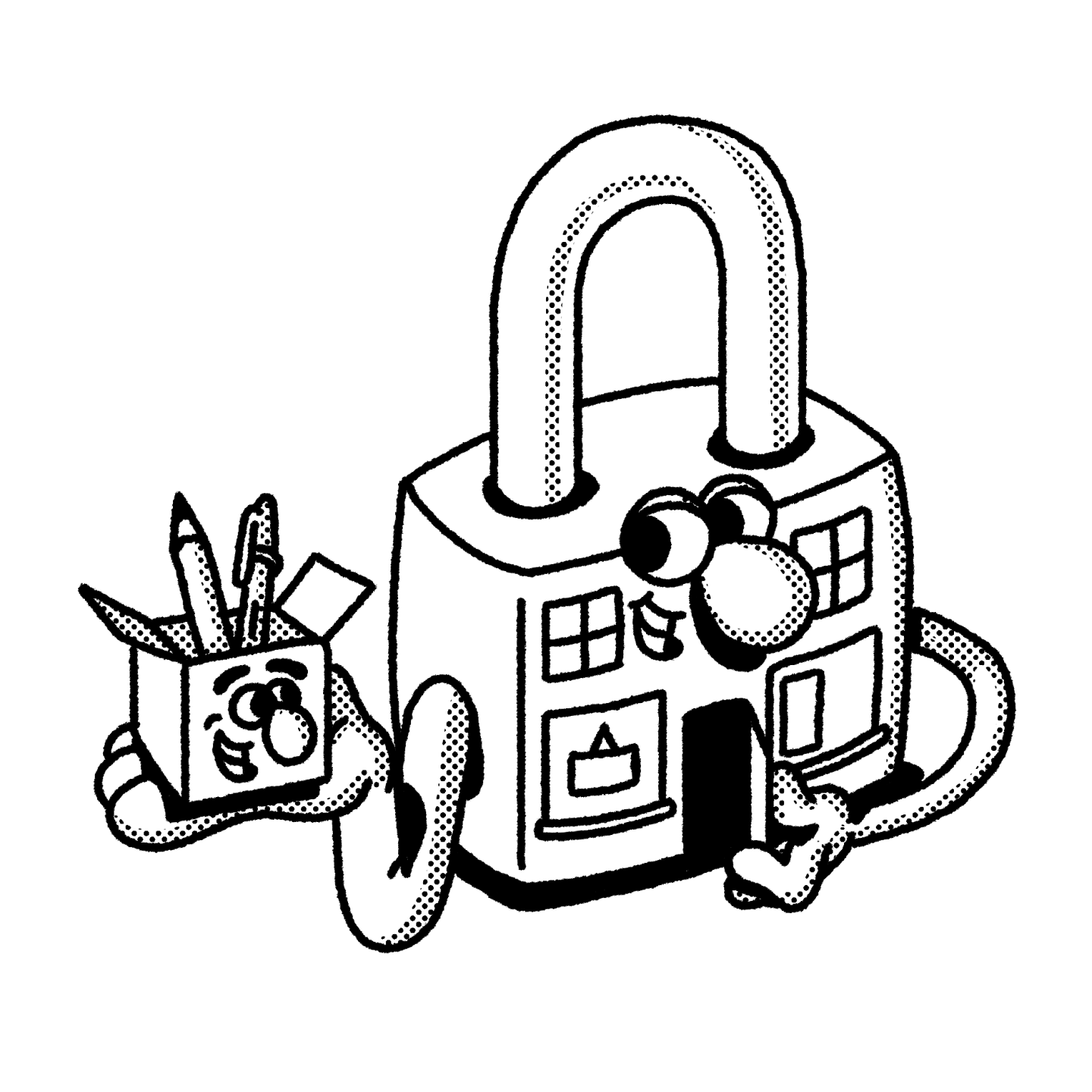North Carolina’s small business community includes more than 950,000 million companies and is steadily growing.1 All of its members need small business insurance to protect their livelihoods and their employees.
Having the right coverage for your business insurance needs can help when accidents happen and give you the peace of mind to focus on your profession.
Business insurance in North Carolina can help cover costs after unexpected events, such as:
- Injuries to non-employees
- Property damage
- Accusations of professional negligence
- Employees getting hurt on the job
- Accidents while driving for business
NEXT is 100% dedicated to small businesses and insures more than 1,300 types of small businesses and self-employed workers. We make it easy for you to get the right coverage at the right price and purchase your policy online in less than 10 minutes.
Continue reading to learn about important types of business insurance in North Carolina. Or get a free instant quote to see customized coverage options for your business.
















